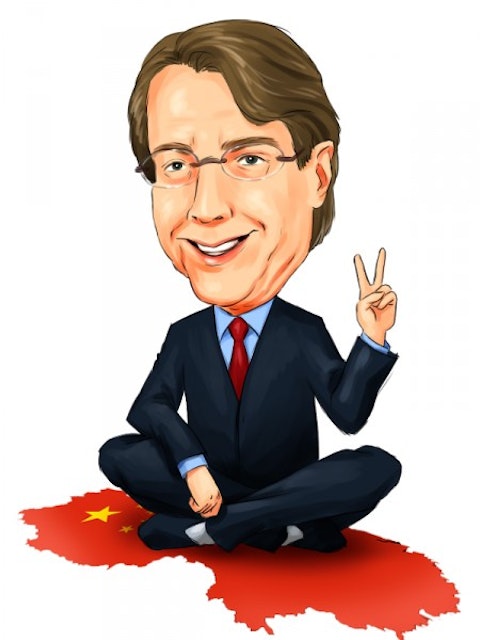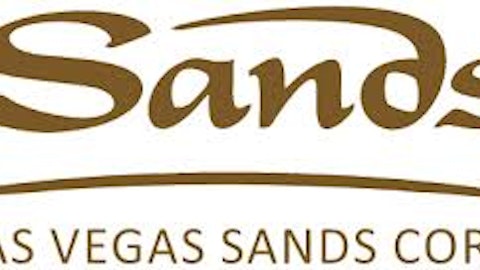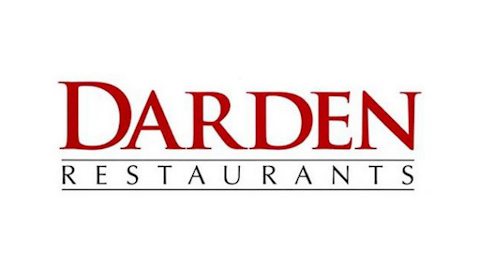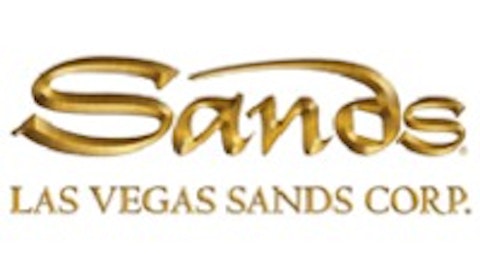China’s economy might be going through a full-blown crisis. Last week, the Chinese interbank lending rate (Shibor) spiked to a new high, similar to how the London interbank rate (Libor) jumped ahead of the financial crisis in late 2008. At the same time, the Shanghai composite stock index has tumbled to a fresh low, officially entering bear market territory.
If China’s economy is about to experience a true hard landing (as some in the investment community have been warning about for years), it won’t just be Chinese companies that suffer. And while plenty of American corporations are exposed to China, some have more exposure than others.
The problems in China
In an effort to respond to the financial crisis of 2008, the Chinese government pushed an enormous stimulus package, amounting to roughly $600 billion or about 15% of China’s (then) GDP.
The stimulus had the effect of juicing real estate investment in China. Critics, like short seller Jim Chanos, have described China’s real estate market as a bubble. To be sure, the pictures of Chinese “ghost cities” appear to be pretty damning evidence.
China’s fixed investment as a percentage of GDP has been running near 50% for the last few years. Economist Nouriel Roubini warned in 2011 that this level of investment was unsustainable, and would eventually lead to Chinese growth hitting a “brick wall” sometime after 2013.
But perhaps no one has been as openly bearish as hedge fund manager Hugh Hendry. In an interview with The Economist, he compared China to the US at the beginning of the Great Depression:
“With the leverage of mercantilism…UK GDP peak-to-trough fell 8% [during the Great Depression]…one year in America, 1931, in real terms, it fell 23%…Am I sitting here with video cameras saying the Chinese economy is gonna contract 23%? Of course I’m not. But if we have a coffee later, I might say something different.”
Yahoo! Inc. (NASDAQ:YHOO)’s big Alibaba stake
Over the last year, Yahoo! Inc. (NASDAQ:YHOO) has been a terrific stock — shares are up over 50%. While investors might be inclined to link the company’s performance to turnaround efforts by new CEO Marissa Mayer, most of that appreciation may have been rooted in Yahoo’s Alibaba stake.
Alibaba Group has been called China’s Amazon.com, Inc. (NASDAQ:AMZN). In fact, last year, Alibaba actually handled more sales than eBay Inc (NASDAQ:EBAY) and Amazon combined. The company is expected to IPO in 2013 or 2014, and that would make Yahoo’s 24% ownership stake highly valuable. Alibaba’s IPO could value the company at upwards of $100 billion.
But Alibaba, as an ecommerce website, is clearly leveraged to the Chinese economy. Struggling Chinese consumers aren’t likely to buy much — online or in store.
And thus, should China’s economy really struggle, Yahoo’s Alibaba ownership could go from an asset to a liability.
KFC is huge in China
China’s biggest fast food chain isn’t McDonald’s Corporation (NYSE:MCD), or Burger King Worldwide Inc (NYSE:BKW) or The Wendy’s Company (NASDAQ:WEN) — it’s KFC. Yum! Brands, Inc. (NYSE:YUM) owns KFC, and has over 4,000 locations throughout the Chinese mainland.





